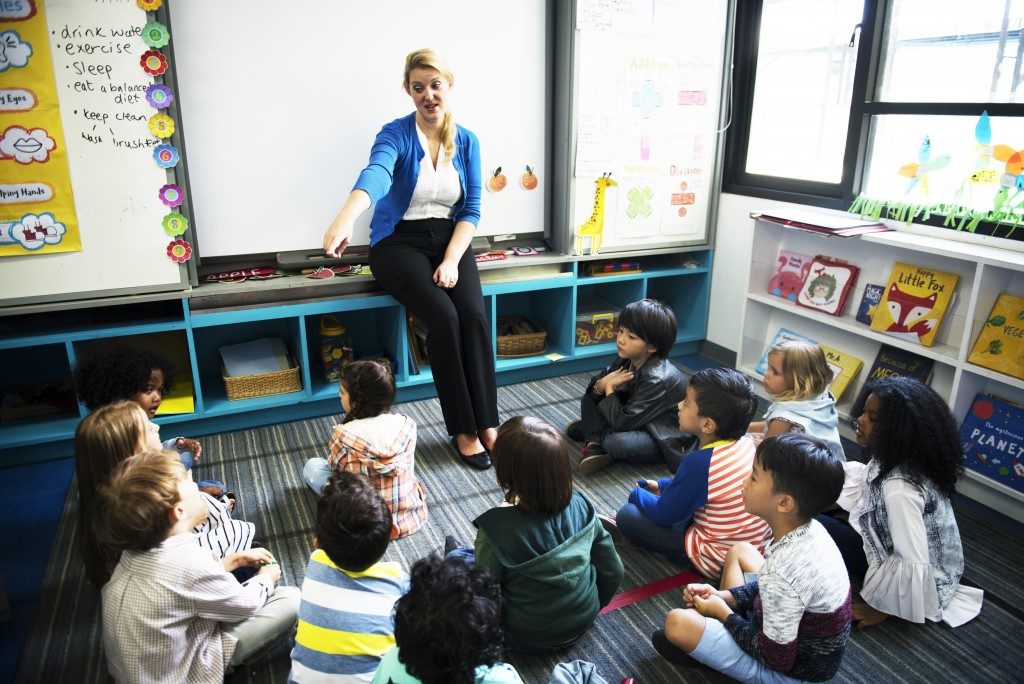At this point, everyone knows and understands how education took a very huge hit from the COVID-19 pandemic. Schools were among the first public establishments to close their doors. Many schools were able to transition to online learning seamlessly. On the other hand, many schools in low-income communities had a harder time adjusting. Because of such issues, the conversation about education versus the pandemic centered around children’s education.
But there’s a facet of education that struggled as well. And that’s the education beyond college–namely, technical and vocational education and training (TVET), law school, and medical school. Such educations require a very hands-on approach. As a result, transitioning to online learning was difficult. In some cases, it seemed even impossible. But, still, these educations still pushed through. Training facilitators and professors came up with creative ways to continue working amid the pandemic. These are the struggles they are facing.
Technical and Vocational Education and Training
Technical and vocational education and training or more commonly known as TVET is a branch of education that consists of occupation-based learning. Many occupations require skills training and certification before prospective employees could start working. If you want to work as an emergency medical technician, you need to acquire an EMT certification first. That means you’ll need to undergo a few hundred hours of skills training and workshops before you could even start applying.
But TVET schools and facilities were deeply challenged by the COVID-19 pandemic. They had to close their physical premises to prevent physical interaction. Then they had to deal with the funding loss, especially from the government. Governments, foundations, and individuals are focusing on food security, medical supplies, and other needs. So, funding for TVET schools and facilities were severely cut short. This is a pressing problem because the nature of TVET is to provide more capable workers to help their communities. EMTs, firefighters, and other occupations are always needed around the world.
So TVET schools and facilities took advantage of the technology that their students have access to. They used social media platforms such as WhatsUp. They also used traditional media such as radio and TV broadcasts. But, unfortunately, not all TVET programs can do this because others require manual activities.
Medical Education

Much like TVET schools and facilities, medical schools entail a hands-on approach. Medical students need to conduct scientific studies in laboratories. This is so that they’ll learn more about the breakthroughs in their field. They need to closely examine the human body through cadavers. And, most of all, they need to do their internships and volunteer activities in clinics and hospitals. This is so that they could train themselves in developing camaraderie with patients. But, with the pandemic, such things are difficult or impossible to do at all.
In March 2020, the Association of American Medical Colleges released a statement strongly suggesting that all medical schools across the country must consider postponing clinical rotations for students. This is so that students won’t contract the coronavirus. But this is unfortunate because clinical rotations are an essential part of medical training. They’re the way for students to immerse themselves in the medical world before they graduate. Following this suggestion, some medical schools are integrating their clinical rotations component to online learning. They’re creating virtual medical cases that students can practice on. Another solution is for students are being involved in telehealth instead. Thus, they’re interacting with patients through phone or video calls, or chats. Again, much like TVET, medical schools are relying on technology. This is to help their students finish their medical degrees.
Law Education
Law education is mostly composed of lectures and discussions. It’s different with TVET and medical education in that manner. Yes, it also has practical activities and immersions in legal settings. But most of the classes in law schools can be done through video conferences. But this doesn’t mean that law schools are doing alright with the transition to online learning.
A huge chunk of the law school experience is working in groups. Students gather together to practice in made-up or actual legal cases. They spend hours in law libraries, needing to access legal books and case records. Some law schools are fully transitioning to online classes. Some, on the other hand, are blending online and in-person classes. Whichever the setup is, it’s clear that law schools are also relying on technology to help their students.
Technology is very much crucial in education right now. It’s a good thing that there’s no shortage in technological means to conduct online classes. Yes, TVET, medical, and law educations are still being challenged by the new normal. But there’s hope that the pandemic will end soon and things would go back to normal or there will be more technological innovations to further improve online learning.



